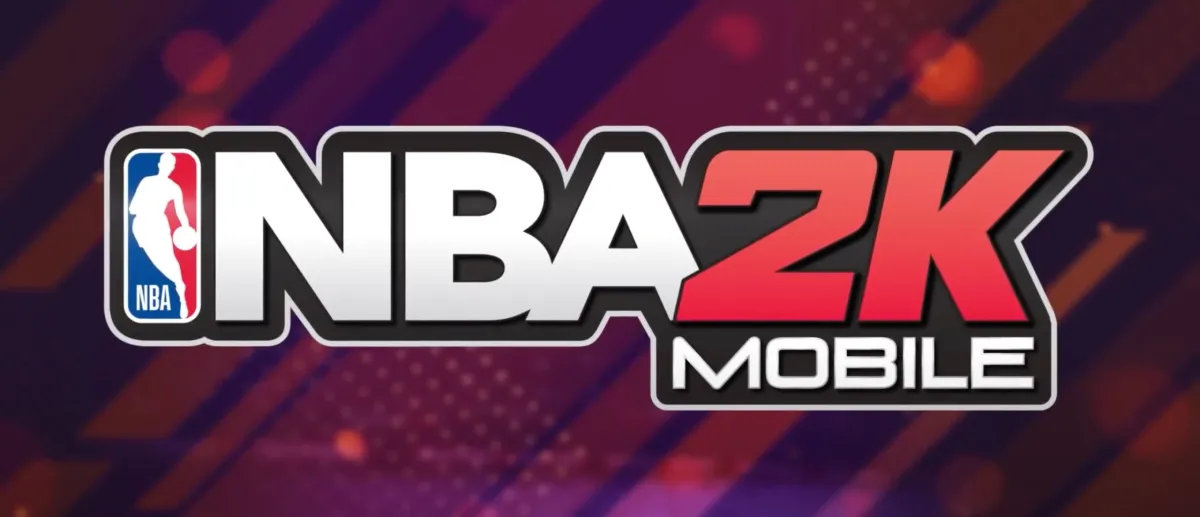As throwaway comments in interviews go, few have caused the same level of furore as those of Kory “SEMPHIS” Friesen earlier this month. In the interview, conducted by Mohan “Launders” Govindasamy at the most recent ESWC, Friesen claimed he and his former teammates had used the amphetamine Adderall, typically prescribed for ADHD sufferers, while playing at ESL Katowice in March.
While Cloud9 have yet to issue a statement regarding the allegations, the Counter-Strike community has debated the issue at length, with many feeling its time for tournament organizers to tackle the problem.
The use of performance-enhancing drugs is nothing new to esports. Adderall has been popular in a variety of games, primarily those popular in North America, including Halo, Call of Duty, StarCraft, and, of course, Counter-Strike. Players have also reputedly often used beta blockers, commonly prescribed for heart conditions but proven to reduce symptoms of anxiety, in these titles. Despite this being an open secret it wasn’t until Friesen’s comments that the Counter-Strike community wanted to address the issue head on.
In the wake of the debate, tournament organizers have reiterated their commitment to an even and fair competitive environment, which they stress always included rules regarding performance enhancing drugs.
U.K.-based esports organization Gfinity, which hosts several Counter-Strike events every year, also told the Daily Dot it was committed to tackling the problem of PEDs in esports.
“Its an issue that we have been aware of sometime and something we have had rules to cater for before in events like the COD championship we have helped run,” a representative wrote. “We actively approach any players we suspect of using PED’s and up until now we have had only one incident which turned out to be a player taking Pro Plus [a caffeine supplement].”
Gfinity added that was “something we feel will be introduced sooner rather than later.”
“This is not because e-sports is rife with PED’s as some would have you believe. But more to do with the world we live in which means high level competition requires drug testing to prove innocence, as unfortunately due to the numerous examples in traditional sports we now live in a world where drug testing is required to not only catch and expose cheats but more importantly to protect the image of the genuine superstars.”
Another major esports event organizer, the U.S.-based Major League Gaming, offered just a brief statement on the matter, reiterating that the company already has a policy in place for all its tournaments.
“We do have a policy against Prohibited Drugs. We defer to WADA’s standards on that,” a representative said, referring to the World Anti-Doping Agency. The organization’s rules prohibit a player from taking “any illegal drugs, abuse any prescription or over the counter drugs, nor take any performance enhancing drugs” prohibited by WADA.
MLG acknowledged that at no point in their history have they ever tested any of their competitors.
Of course, much of the focus around the issue has targeted ESL. After all, it was an ESL event where the alleged adderall use took place. In a joint statement with its frequent partner ESEA, the European group said that it has long been aware of the potential problems arising around PEDs.
“We have known for some time that PEDs would be a challenge at some point and we need to face that, just like every other professional sport. As the stakes rise (we issue $500k per season of the Pro League alone) the athletes will push for whatever edge they can, however they can. That’s the well chronicled story in many sports. PEDs is a topic we are discussing at an organizational level and we will need to address industry wide moving forward to maintain competitive integrity. We know we have to have a bigger discussion about it and that it’s a problem everyone is facing.”
In a separate statement to Wired, ESL’s communications head, Anna Rozwandowicz, said the organization acted quickly after the allegations came to light.
“The integrity of our sport is and always will be our biggest concern. When we first saw [Friesen’s comments], we focused immediately on kickstarting a policy-making process and adjusting the rules. We have worked on changes in our rules, reached out to authorities for support, and will be ready to announce our next steps in a couple of days. When that comes out, you can treat that as our full statement on the issue.”
Sources close to ESL tell the Daily Dot that the organization is doing more than just paying lip service to the matter of PEDs. It’s already made moves to contact WADA and NADA (the National Anti Doping Agency) about potentially implementing random drugs testing. The WADA standard does include bans “during competition” on recreational drugs such as cocaine, MDMA and marijuana.





